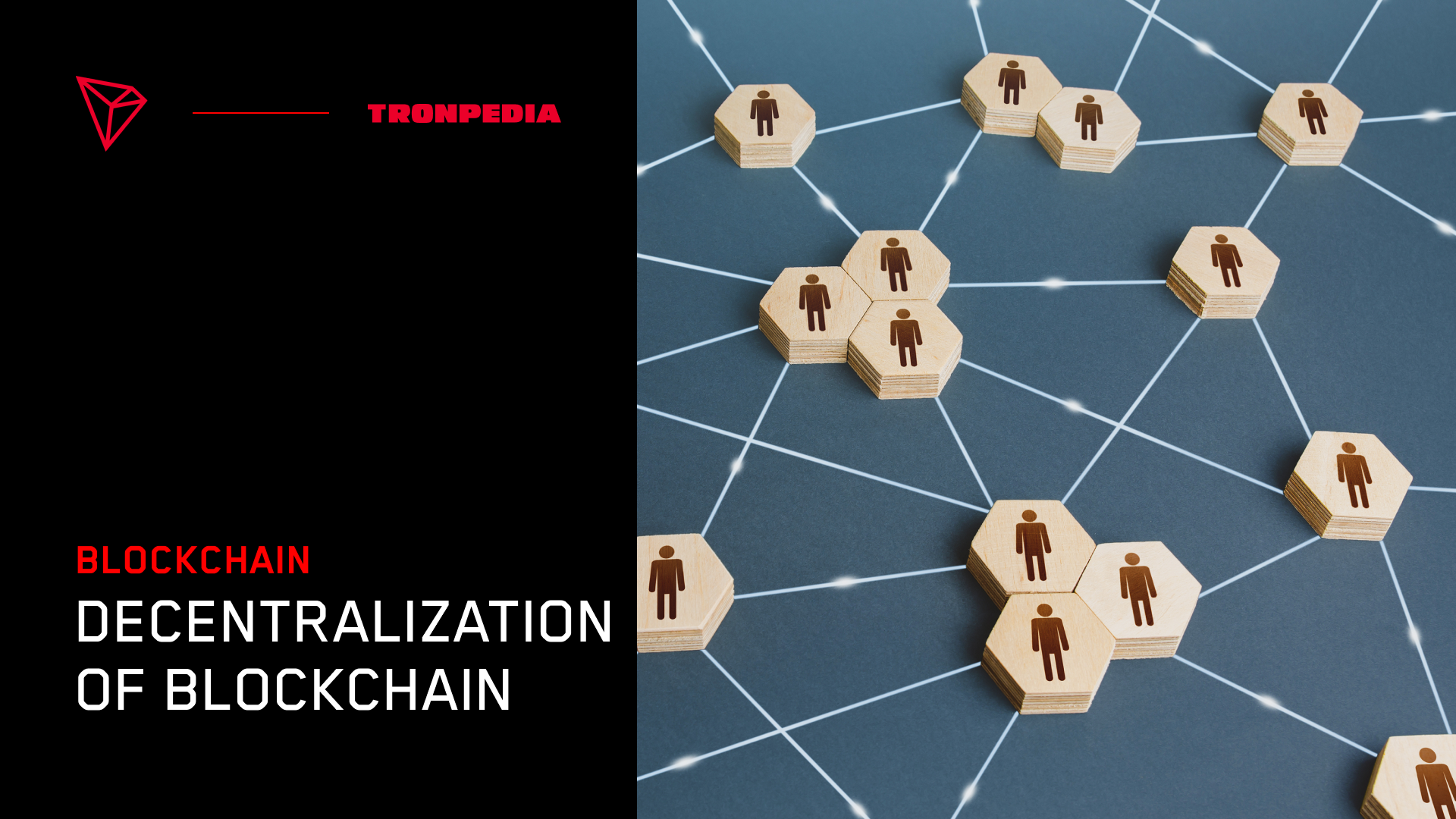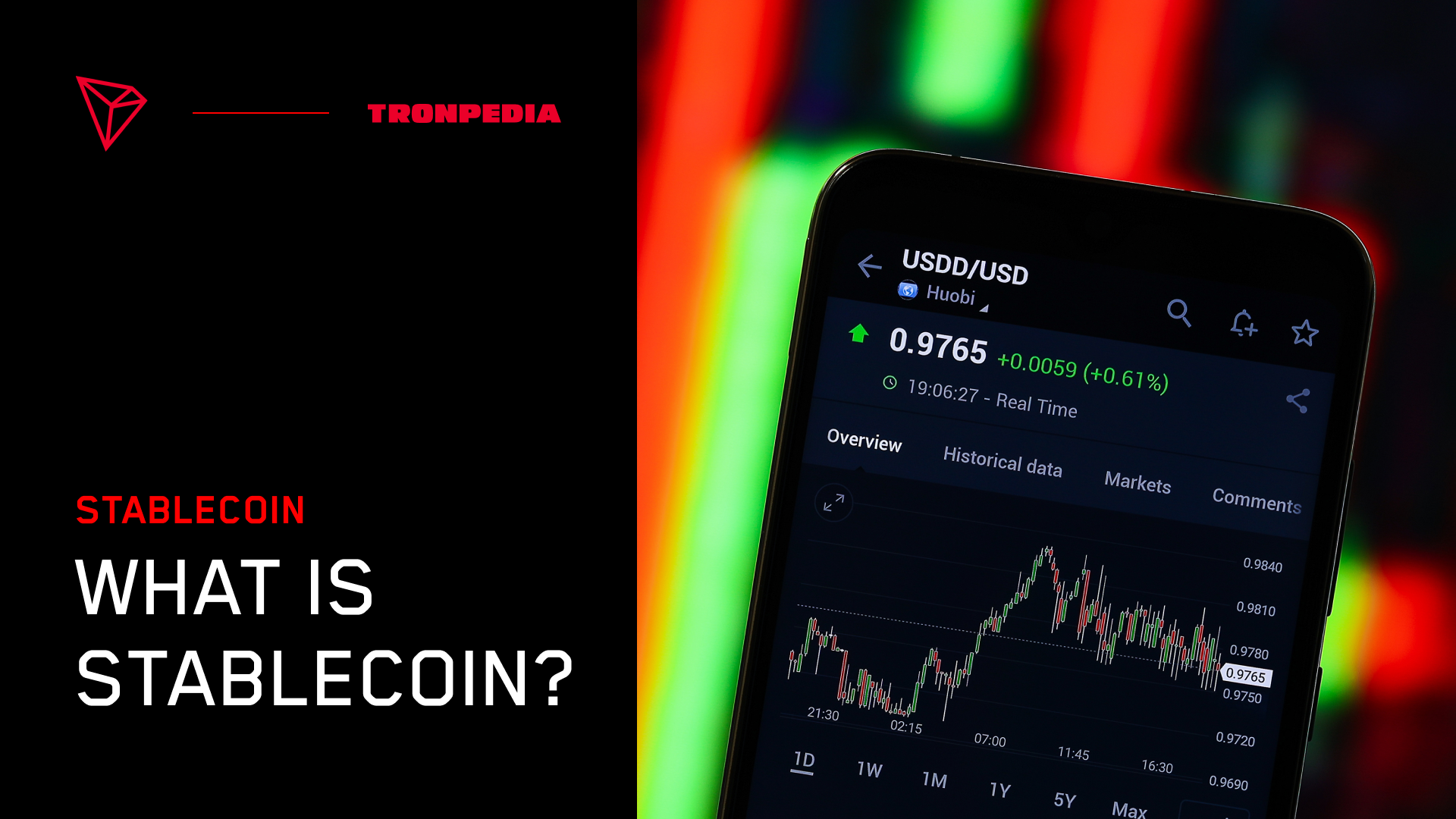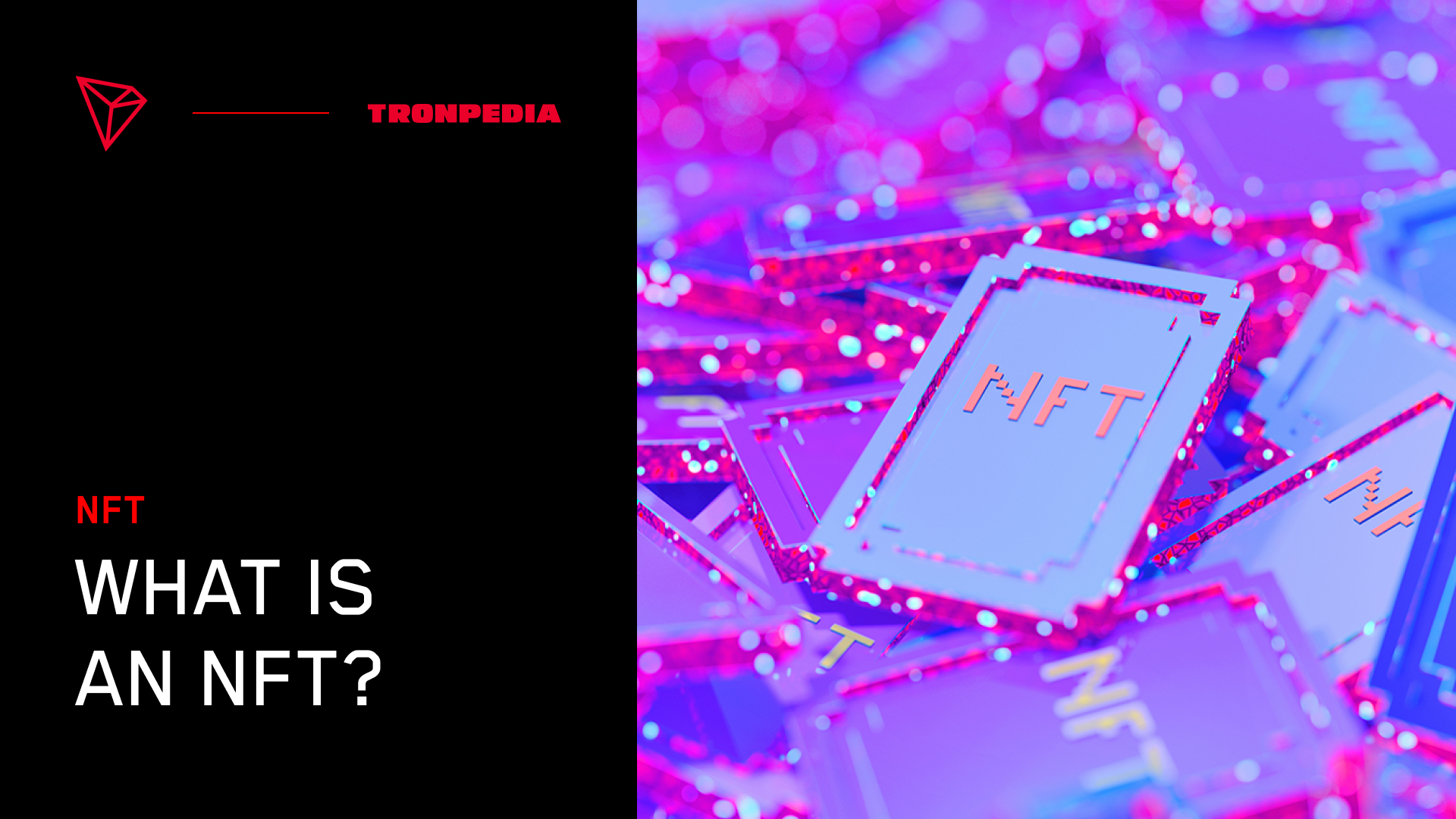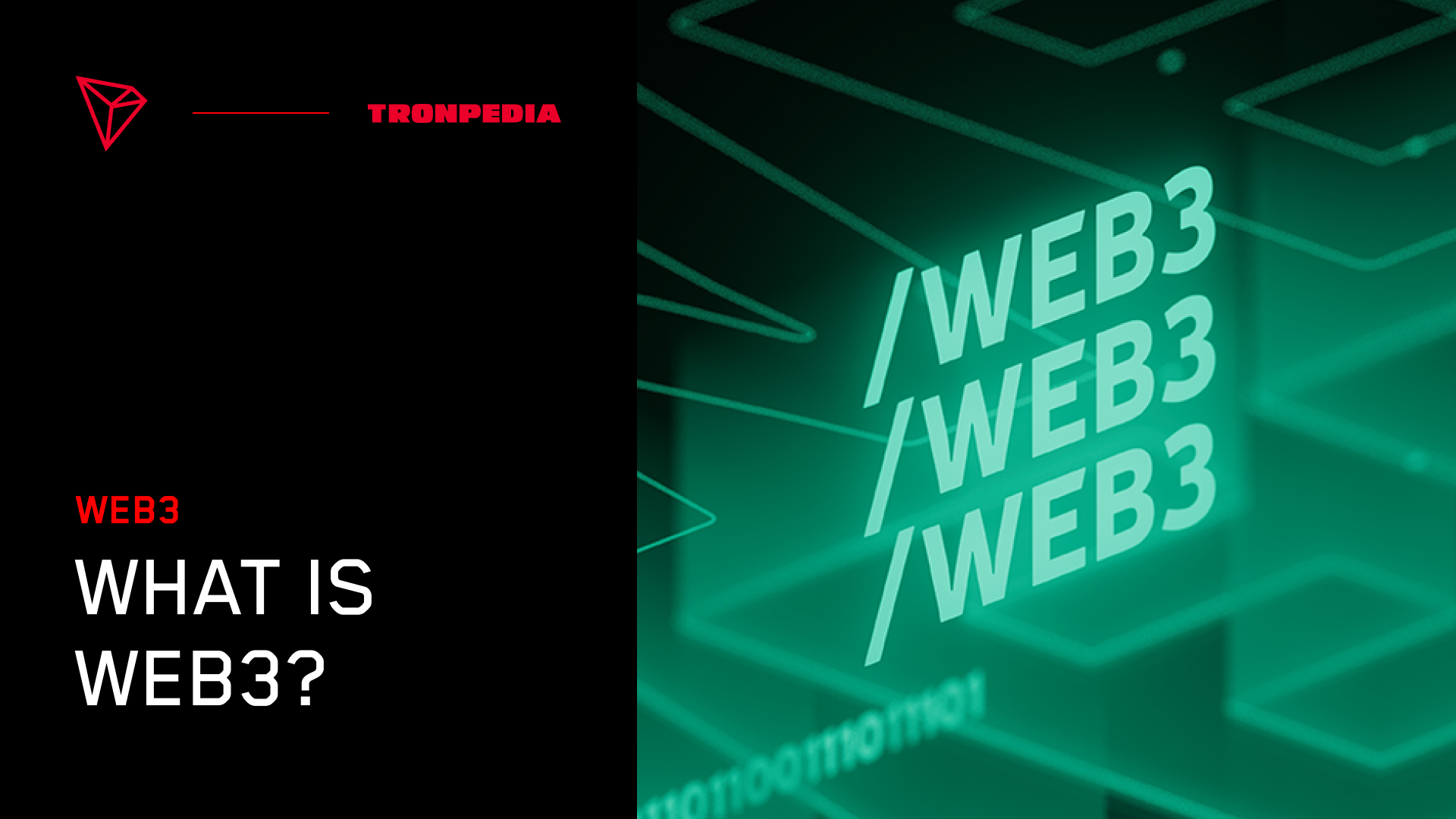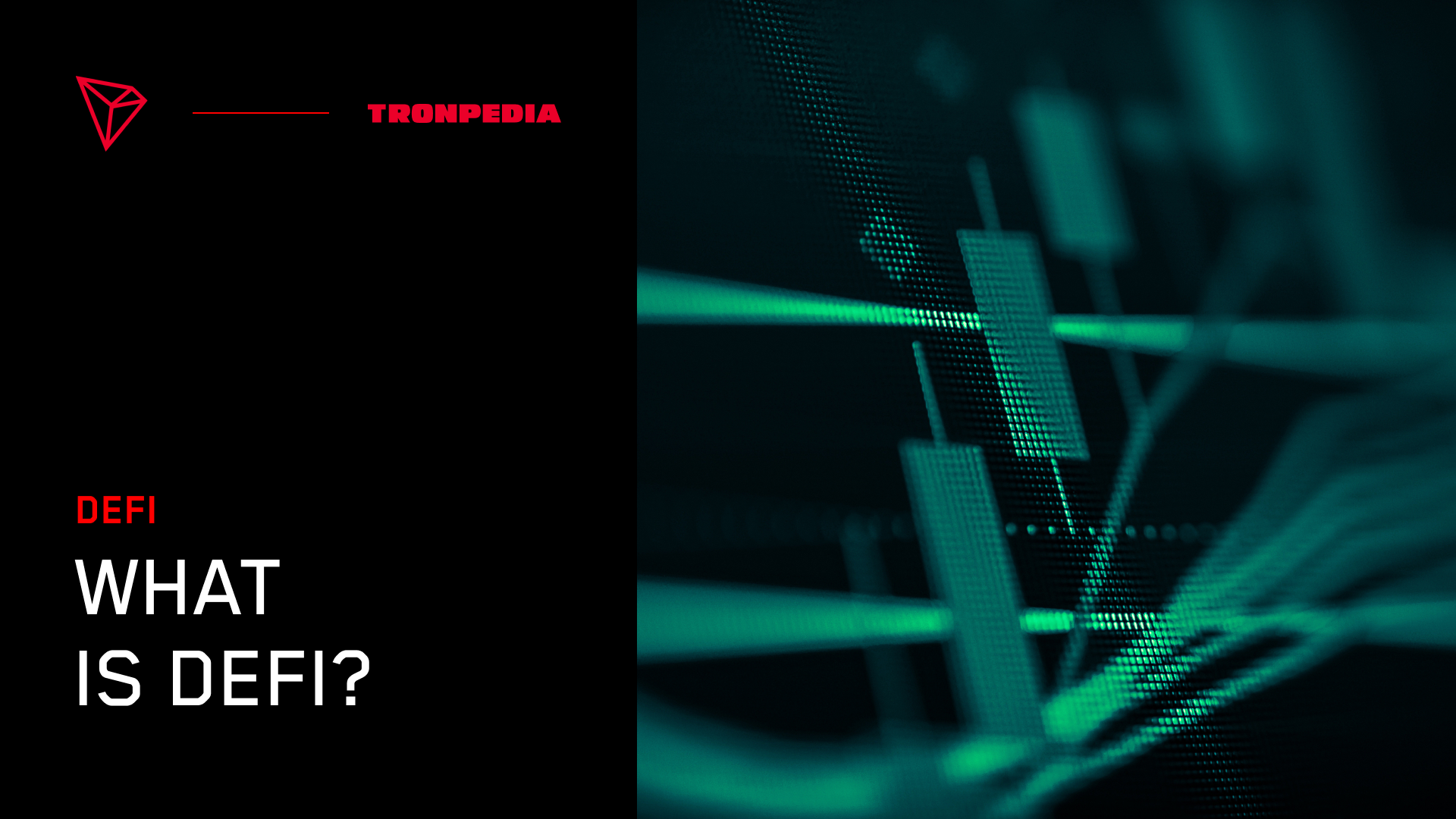Decentralization Defined
Decentralization refers to the transfer of control and decision-making from a centralized association (person, business, or group of individuals) to a distributed network in the context of the blockchain. Decentralized networks aim to reduce the level of confidence that users should have in one another and to prevent them from exercising authority or control over one another in a way that undermines the network's effectiveness.
Why Decentralization Matters
Three main network designs are often taken into account when developing a technological solution: centralized, distributed, and decentralized. Although decentralized networks are frequently used in blockchain technology, a blockchain application cannot be categorized as either decentralized or not. Instead, decentralization should be applied to all facets of a blockchain program and is a sliding scale. Greater and more equitable service may be accomplished by decentralizing an application's resource management and access. Decentralization frequently has certain drawbacks, such as decreased transaction throughput, but in an ideal world, these drawbacks are justified by the gains in stability and service levels they bring about.
Benefits of Decentralization
Creates a climate of fairness
Participants of a decentralized blockchain system don’t need to trust one another. This is because each network member possesses a copy of or the same information as a distributed record. Anytime a member's record is altered or corrupted in any manner, most network members will reject that member's record.
Boosts with recovering data
Companies frequently exchange information with their partners. Thus, this information is continuously updated and stored in the information warehouses of each party, presumably to reappear when it has to be transferred downstream. Every time information is changed, the possibility of information loss or the introduction of incorrect data into the workplace increases. Each side has a current and shared perception of the facts thanks to decentralized information storage.
Decreases the severity of deficiencies
When there is an excessive reliance on explicit personnel, decentralization can minimize the severity of flaws. These weak points might result in serious failures, such as the inability to provide assured services or inefficient support due to the fatigue of resources, occasional blackouts, congestion, and the lack of sufficient incentives for fraud or outstanding service.
Improved asset distribution
Decentralization can also facilitate the distribution of resources, resulting in better execution, more consistency, and a lower risk of an explosive letdown when providing assured services.
Comparison of Decentralization
A blockchain application doesn't have to be completely decentralized. Any blockchain solution's objective is to meet the needs of its customers, which may or may not include a certain degree of decentralization. The table below compares decentralized networks to the more prevalent centralized and distributed networks so that you may better comprehend them.
By utilizing decentralization, who is developing blockchain applications?
Different degrees of decentralization are used by every blockchain protocol, a decentralized application (dApp), decentralized autonomous organization (DAO), and any blockchain-related solution. The solution's maturity, the time-tested dependability of its incentive models and consensus procedures, and the founding team's ability to strike the proper balance are often the determinants of adoption level. Many DAOs, for instance, have a variety of components that are at various stages of decentralization: oracles (i.e., third-party services that supply smart contracts with external information) may be partially decentralized, smart contracts may be fully centralized, while the governance process for adjusting parameters is decentralized and community-driven.
Decentralized blockchain solutions are being researched and utilized on a larger scale by businesses of all shapes, sizes, and sectors. Applications that deliver quick international help or emergency relief to those in need without the involvement of a bank, government, or other third party are a few prominent examples. Or software that enables users to control their own digital identities and data. Today, social media platforms, businesses, and other entities sell this information without providing any value to the user. A decentralized strategy would aid in ensuring equity for everybody.
